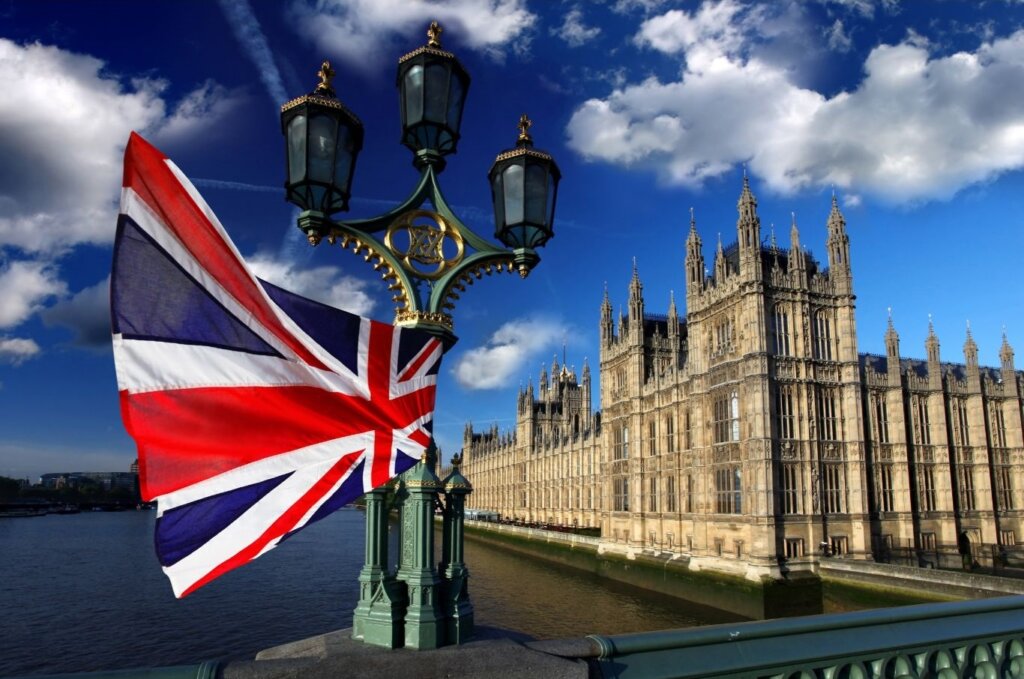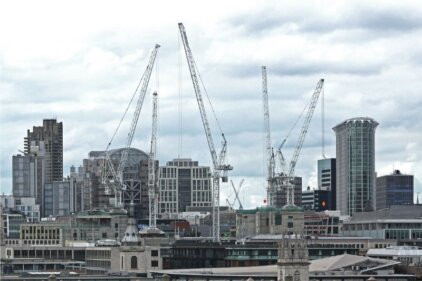The British Parliamentary Government is a system that combines the strengths of both the monarchy and democracy, ensuring that the power is divided between the Queen and Parliament. This article aims to provide an in-depth understanding of the inner workings of Parliament, shedding light on its structure, the role of Parliament in the legislative process, and its responsibilities. By gaining insight into these aspects, we can appreciate the significance of Parliament in shaping our laws and governance.
The Structure of Parliament
The structure of the British Parliament is a fundamental aspect of its functioning. Comprised of two houses, the House of Commons and the House of Lords, Parliament represents the interests of the people and the nobility, respectively. The House of Commons is made up of Members of Parliament (MPs) who are elected by the public through general elections. In contrast, the House of Lords consists of appointed members, including life peers, bishops, and hereditary peers. This dual structure ensures that legislation is scrutinized from multiple perspectives, promoting a balanced decision-making process.
The Role of Parliament in the Legislative Process
Parliament plays a pivotal role in the legislative process, where laws are proposed, debated, and ultimately passed or rejected. The primary responsibility of Parliament is to scrutinize legislation thoroughly to ensure its effectiveness and compatibility with existing laws. This process involves rigorous debates, committee hearings, and votes. Additionally, Parliament holds the government accountable for its actions and policies through question times, where MPs can question ministers about their decisions. The legislative process is a crucial mechanism that allows for democratic decision-making, ensuring that the laws of the land reflect the needs and aspirations of the people.
What Parliament is Responsible For and How this Influences MPs and the General Public?
Parliament is responsible for a wide range of matters that directly influence both MPs and the general public. These responsibilities include approving the government’s budget, passing laws, and holding the government accountable. By approving the budget, Parliament ensures that public funds are allocated appropriately and in line with national priorities. The passing of laws is another crucial responsibility, as it shapes the legal framework in which individuals and businesses operate. This responsibility places significant pressure on MPs to thoroughly understand and analyze proposed legislation to guarantee its fairness and practicality. Furthermore, Parliament holds the government accountable by scrutinizing its actions, policies, and decisions, ensuring transparency and democratic governance.
The Role of MPs in Parliament
MPs play a vital role in Parliament as the elected representatives of their constituencies. They act as the voice of the people, raising concerns, advocating for their constituents’ interests, and proposing legislation. MPs participate actively in debates, committee meetings, and votes, contributing to the decision-making process. Their role requires them to be well-informed on a wide range of issues to effectively represent their constituents’ interests. Additionally, MPs have the responsibility to bridge the gap between the government and the public, ensuring that the concerns and aspirations of the people are heard and addressed.
What do MPs Do on a Day-to-Day Basis and Whether the Job is Difficult or Not?
The day-to-day activities of MPs vary significantly, as their role encompasses numerous responsibilities. On a typical day, an MP may attend debates in the House of Commons, participate in committee meetings, meet with constituents, and review proposed legislation. These activities require a high level of dedication, commitment, and time management. MPs must balance their duties in Parliament with their obligations to their constituents, often working long hours to fulfill their responsibilities. The job of an MP can be demanding, as it requires continuous learning, effective communication, and the ability to navigate complex political dynamics. However, the satisfaction of making a positive impact on the lives of constituents and shaping the nation’s future make it a rewarding endeavor.
Challenges Faced by MPs and How They Overcome Them
Being an MP presents its fair share of challenges. MPs face the pressure of public scrutiny, as their actions and decisions are closely monitored by both the media and their constituents. They must navigate the complexities of party politics, balancing their own values with the expectations of their party. Furthermore, the workload can be overwhelming, with MPs often juggling multiple priorities and responsibilities. To overcome these challenges, MPs rely on a range of strategies, including effective time management, building strong relationships with colleagues, and seeking support from their staff. Additionally, staying connected with their constituents and understanding their concerns helps MPs make informed decisions and remain accountable to the public.
Opportunities for Public Engagement with Parliament
Parliament offers various opportunities for public engagement, allowing individuals to actively participate in the democratic process. One such opportunity is through petitions, where citizens can express their concerns and gather support for a particular cause. Additionally, individuals can attend public committee hearings, where they have the chance to provide evidence and contribute to the legislative process. Parliament also welcomes public input on proposed legislation through consultations, ensuring that diverse perspectives are considered. These opportunities for engagement empower citizens, fostering a sense of ownership over the democratic process and promoting transparency.
Doing Your Homework Before Applying for a Job in Parliament
If you are considering a career in politics and aspire to become an MP, it is crucial to do your homework before applying for a job in Parliament. Start by gaining a comprehensive understanding of the political landscape, including the ideologies and policies of various political parties. Familiarize yourself with the responsibilities and challenges that come with being an MP, as this will help you make an informed decision. Engage with your local community, understand their concerns, and build relationships with individuals who can support your political ambitions. Additionally, consider joining a political party or volunteering for a politician, as this will provide valuable insights into the inner workings of politics. By doing your homework and actively engaging in political activities, you can increase your chances of success in pursuing a career in Parliament.





